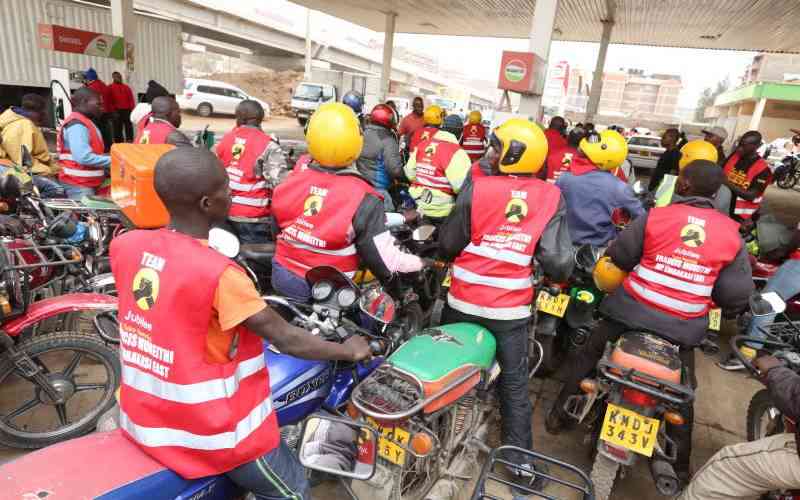×
The Standard e-Paper
Kenya’s Boldest Voice

Article 35 of the Constitution gives every Kenyan a right to access information held by the state.
While it does not explicitly specify which kind of information, it is obviously expected that whatever the government does on people's behalf must not be secret.